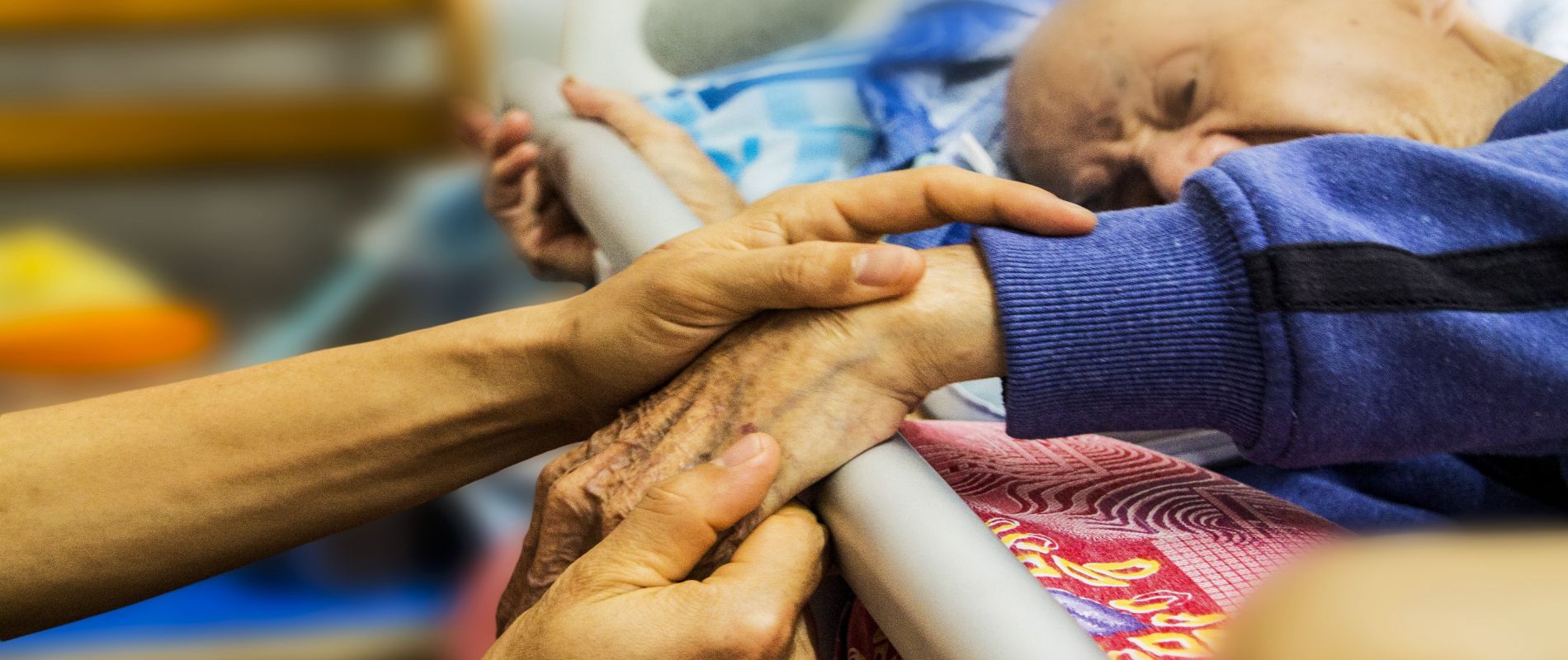Reach out to those who are blue at Christmas.

Are you overwhelmed as you care for the grieving during the holidays?
Be encouraged, your efforts are worthwhile. Below are four reasons why and a few good ideas are mixed in with the reasons.
"The Church is made up of men and women who...lovingly pray, 'Now, God, this child of yours is grieving and needs Your help. How can I help?'
I grew up in a church that made up baskets for the needy at the holiday season. Most of the time it was food stuff and perhaps a ham or turkey. We wanted everyone in our community to have a good dinner at least. As part of the 'peace on earth, good will to men,' we would care for those less fortunate.
However, to my knowledge we never did anything specifically for the emotionally needy in our church or community. So some had full cupboards and refrigerators, presents around the tree, but empty hearts during the holiday season. We left them to get through the season the best way they could."
A Decembered Grief, Harold Ivan Smith, p. 25
Until the last few years that was true of my ministry, too. But, by becoming more aware of the grieving and knowledgeable of their needs I discovered there is great potential for our ministries when we care for this large population in our community.
First, many of the grieving just need to be noticed.
The grieving often feel alone and like the holidays are no longer for them. Their main need is to be noticed. Acknowledging them and validating their feelings is their greatest need. That can be done with a card, a call, or a visit. If you are delivering meals to the poor, include the grieving in your rounds--not because they need food, they may or may not, but because they need to be noticed. At least check on them.
Second, this is a very large group of people.
Grief is the most common human experience. We all know people who have experienced a profound loss. It is a beautiful expression of celebration when we reach out to them and connect the joy of the holidays with their sadness. It enriches our celebration, and it helps them find fellowship, comfort and healing.
Third, the emotions of the grieving are raw and their responsiveness to ministry, often exceeds those who are busy with traditional hustle and bustle of shopping and decorating.
Through the Care Ministry of my church, we invite the grieving in our church and the community to a Blue Christmas service. It is designed for those who are grieving and provides the opportunity to reach out to those who need something different this year. Inviting them, individually, to the service, whether they come or not, lets them know they have been thought of.
The Blue Christmas Service touches the whole person. There is content to think about. Decorations and Christmas music touch the senses. Recognizing the loss and grief, reaches the deepest emotions. The message of first Christmas comforts the broken heart. That complete service is the right setting for a profound spiritual experience. Many describe, with a relieved countenance, "That was just what I needed."
But, even if a service is not possible or not attended, the intense emotions cause the messages written in the card or expressed in a call or visit to mean more to the person who is overwhelmed with sad emotions.
Fourth, the simplest expressions of care and remembering are enough.
The little things make a big difference. I remember calling a grieving person very close to Christmas. It felt awkward asking how they were doing. Even more, I didn't know what I could do for them, and I was afraid my call might seem disingenuous or trite--something that I was doing out of the obligation just to do something.
But I know the worst thing to do is to avoid, forget, or ignore,
so I called.
He answered,
"Don't do anything. Just pray and remember us as we work our way through it." I did pray and remembered them, and I tried to give them space while not deserting them.
And ministry happened. They felt cared for. God worked. Christmas was celebrated.
The holidays are very difficult for the grieving. It is also extremely challenging for those who care for them.
I hope these reasons and ideas help you care better than ever before and that you are encouraged with the truth that your care matters.











